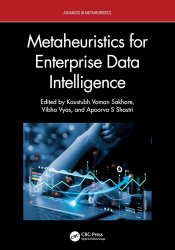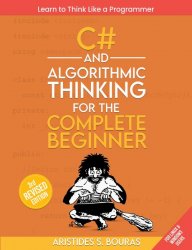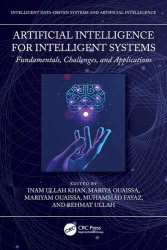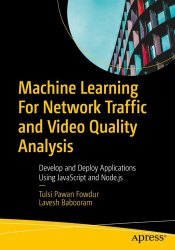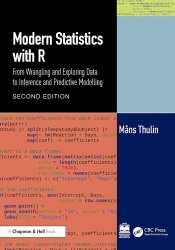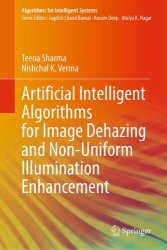 Название: Artificial Intelligent Algorithms for Image Dehazing and Non-Uniform Illumination Enhancement
Название: Artificial Intelligent Algorithms for Image Dehazing and Non-Uniform Illumination EnhancementАвтор: Teena Sharma, Nishchal K. Verma
Издательство: Springer
Серия: Algorithms for Intelligent Systems
Год: 2024
Страниц: 158
Язык: английский
Формат: pdf (true)
Размер: 10.5 MB
Artificial Intelligence (AI) has introduced a range of effective image processing tools that play a pivotal role in fortifying vision-based applications. The success of these applications hinges on the quality of input images, particularly those containing intricate textural details. The merit of an image is typically gauged through visible aspects such as illumination, color, and shapes, all of which can be adversely impacted by atmospheric factors like haze and uneven illumination. When haze particles are present, they impede the transmission of reflected light rays to the observer, resulting in an elevation of airlight and causing the image to exhibit a hazy appearance. Conversely, non-uniform illumination conditions contribute to a darkened depiction of the captured scene, leading to the obscuring of visible features. Consequently, image enhancement emerges as a crucial preliminary step, aiming to revive textural intricacies and refine image details. This enhancement process proves indispensable in bolstering the resilience of vision-based applications, ensuring their optimal performance even in challenging environmental circumstances. This book provides a detailed explanation of AI algorithms for image dehazing and non-uniform illumination enhancement. It outlines unsupervised and supervised methods with their advantages and limitations. The structure of this book will be helpful for a reader first to understand the unsupervised methods considering the scenario when it is impractical to have a large set of datasets for training an AI algorithm for image enhancement. Since there have been extensive advancements in Deep Learning methods and the availability of resources, this book provides a detailed insight into the run-time and accuracy adjustments of deep learning-based AI algorithms to learn the pattern better while performing enhancement.
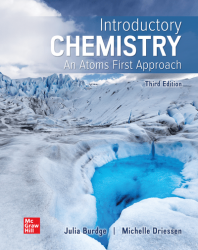

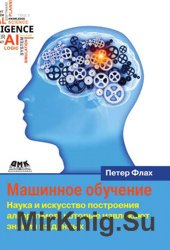



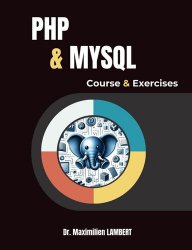


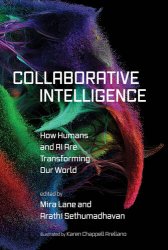
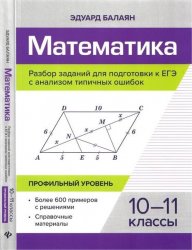



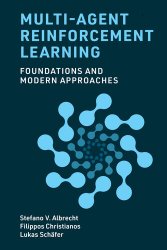

 Название: Microsoft Visual C# Step by Step (Developer Reference), 10th Edition
Название: Microsoft Visual C# Step by Step (Developer Reference), 10th Edition